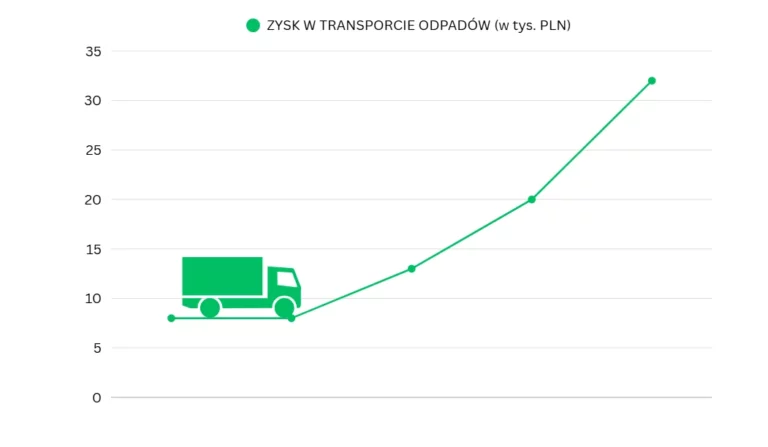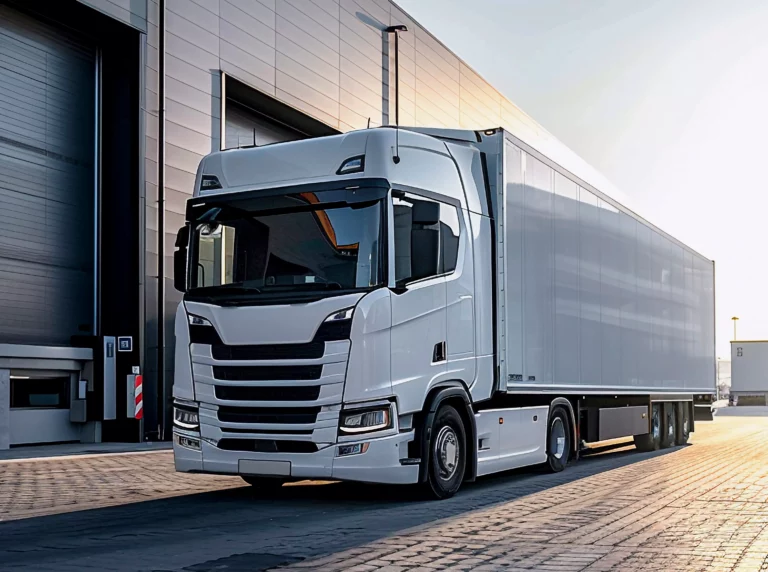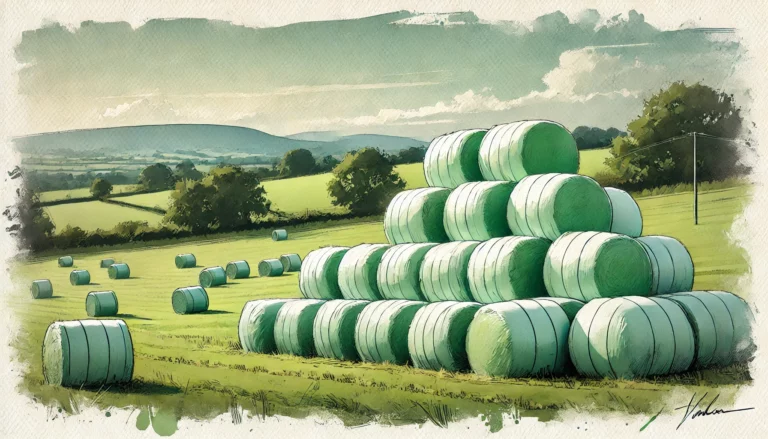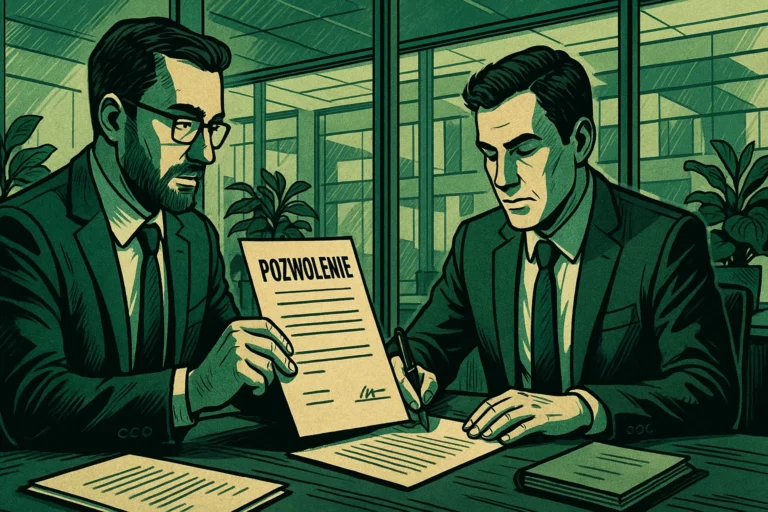Waste transport 2.0, or what awaits us in the future

Transport plays a key role in waste management. By acting as a bridge between producers and recyclers, it enables the smooth flow of such goods. The plan to amend Regulation 1013/2006 is to digitise the procedures for controlling waste shipments, which should make many things easier. Will this actually be the case?
Contact for waste transport permits
e.nadolna@ekologistyka24.pl , +48 881 045 376
j.blazewicz@ekologistyka24.pl , +48 500 867 153
Waste transport and EU legislation - history
Regulation (EC) 1013/2006 on shipments of waste is, in addition to the Basel Convention, the most important document governing the transport of this type of material in Europe. It was modified in response to the changes taking place on our continent, in order to meet the growing expectations of the waste management industry.
The idea of changing it first appeared in the context of the Regulation 1379/2007. At the time, the Annexes in question were Annexes IA, IB, VII and VIII of Regulation 1013/2006. The modification was intended to take into account technical progress and changes established under the Basel Convention. This suggests that the reason for the modification was technological and regulatory updates in the area of waste management.
Further changes have taken place through Regulation 664/2011. At the time, the main objective was to include certain mixtures of waste in Annex IIIA. This was in response to the need to update waste classification in the context of international standards.
Further news also included Regulation 660/2014. It addressed the issue of adapting the powers conferred on the European Commission to the new EU legal framework following the entry into force of the Lisbon Treaty. It also took into account to ensure that Member States had sufficient time to prepare for the application of the new measures required by the revised Regulation.
Digitalisation in waste transport
A further modification of this regulation is already planned. The first steps towards it have been made in May last year. In addition to increased control of the flow of so-called Green List waste, the EU authorities want to:
- the introduction of more realistic deadlines for the prior written notification and consent procedure
- a ban on exporting waste to another Member State for disposal
- digitalisation of waste transport monitoring procedures.
MEPs are due to vote today on proposed changes, including one to improve control of waste shipments by digitalising the necessary procedures.
It is likely that a pan-European system will be set up to handle cross-border shipments of neutral and hazardous waste. What it will look like and what functions it will have will become clear in the coming months. Then the EU authorities will provide more data. Using the example of the domestic waste market, it can be seen that digitalisation, if done well, can provide excellent support for transport companies. Although the beginnings of the BDO system were bumpy, it is now a big facilitator and greatly improves the operation of transport and waste management.






